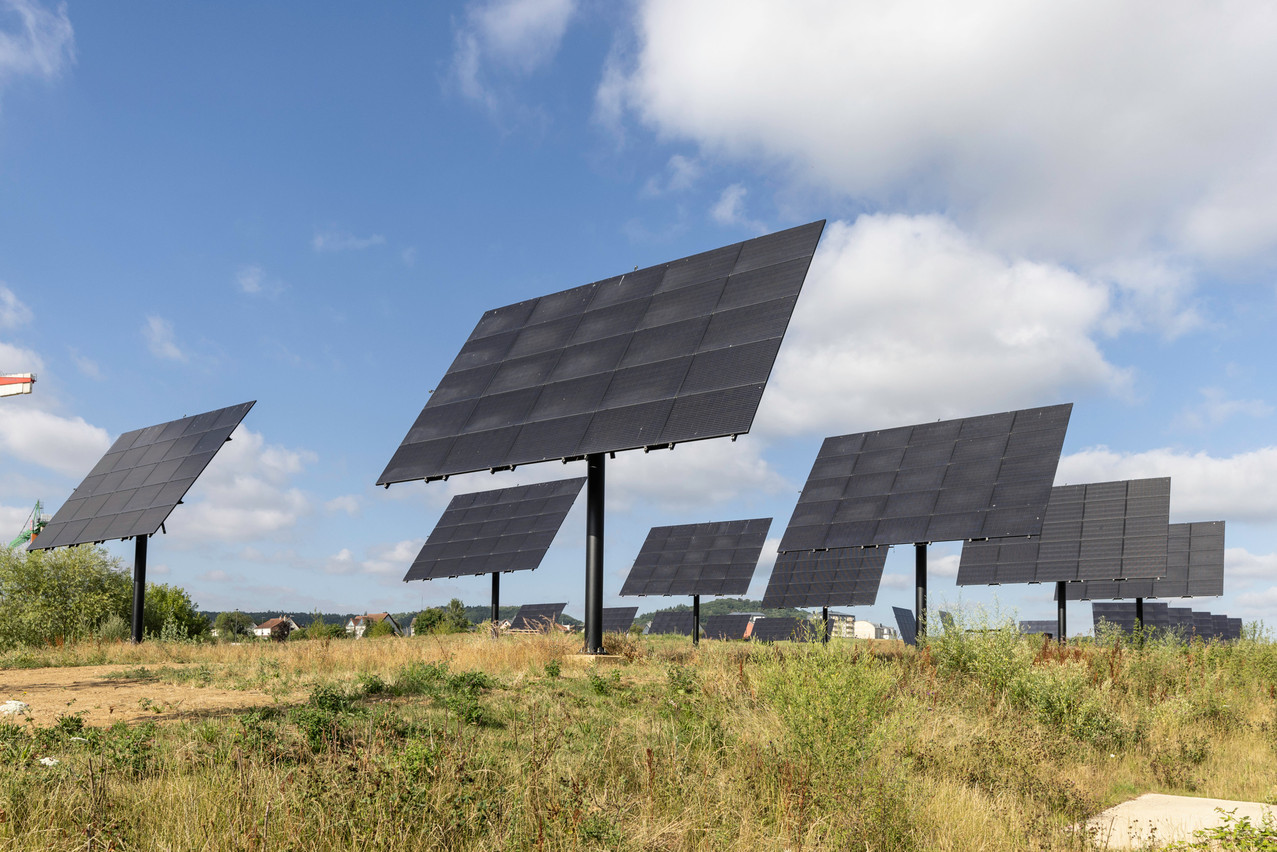SolarPower Europe in a December report said EU countries are likely to achieve their solar energy targets after photovoltaic capacity received a boost, also in connection with the energy crisis.
“Public consultations will begin in the spring of 2023,” said Georges Reding, director of the ministry’s energy department, in an email about Luxembourg’s national energy and climate plan (NECP).
All EU countries had to submit such a plan to the European Commission at the end of 2019, setting out how they will achieve the bloc’s agenda to reduce CO2 emissions by 55% by 2030 and become carbon neutral by 2050. A draft update is due in Brussels on 30 June 2023.
Luxembourg aims to increase its share of renewable energy consumption to 25%. The country grew its solar capacity from 187MW in 2020, when the energy plan was approved, to 277MW a year later in 2021. The data for 2022 has not yet been compiled.
SolarPower Europe had forecast a capacity of 404MW by the end of last year. “Our annual figure values are an estimate based on data from a number of sources,” a spokesperson for the lobby group said by email. “National authorities can take several months, or even years, to present consolidated figures on installed solar capacity, so we work on the best available data.”
In the case of Luxembourg, this could mean that the group overshot the mark. The energy department director said the 404MW estimate would be “rather difficult to achieve”, adding that he doesn’t know how SolarPower Europe reached that number. It is possible that the capacity growth was extrapolated from 2021, when 90MW was added. “The year 2021 was indeed exceptional,” Reding said.
The 2030 target in the climate and energy plan is 1,090MW.
SolarPower Europe had crowned Luxembourg among the top five countries in the EU when it comes to solar energy per capita.
The country has introduced a slew of subsidies, for example reducing VAT for solar installations from 17% to 3%. “2023 is the year of the highest subsidies ever in this area,” energy minister Claude Turmes (déi Gréng) said about energy-friendly home improvement during a on 4 January.
